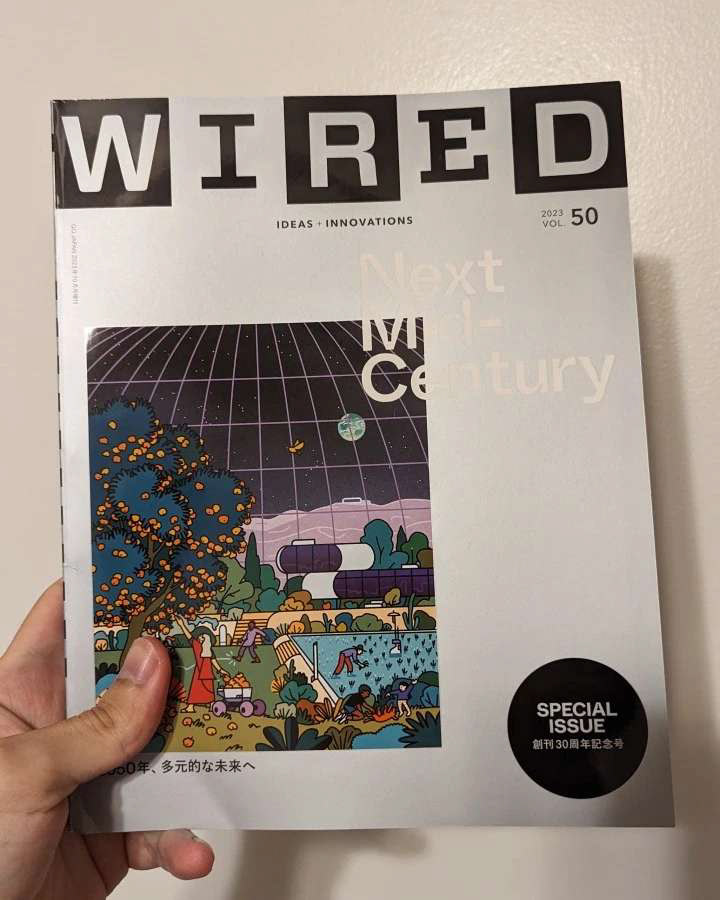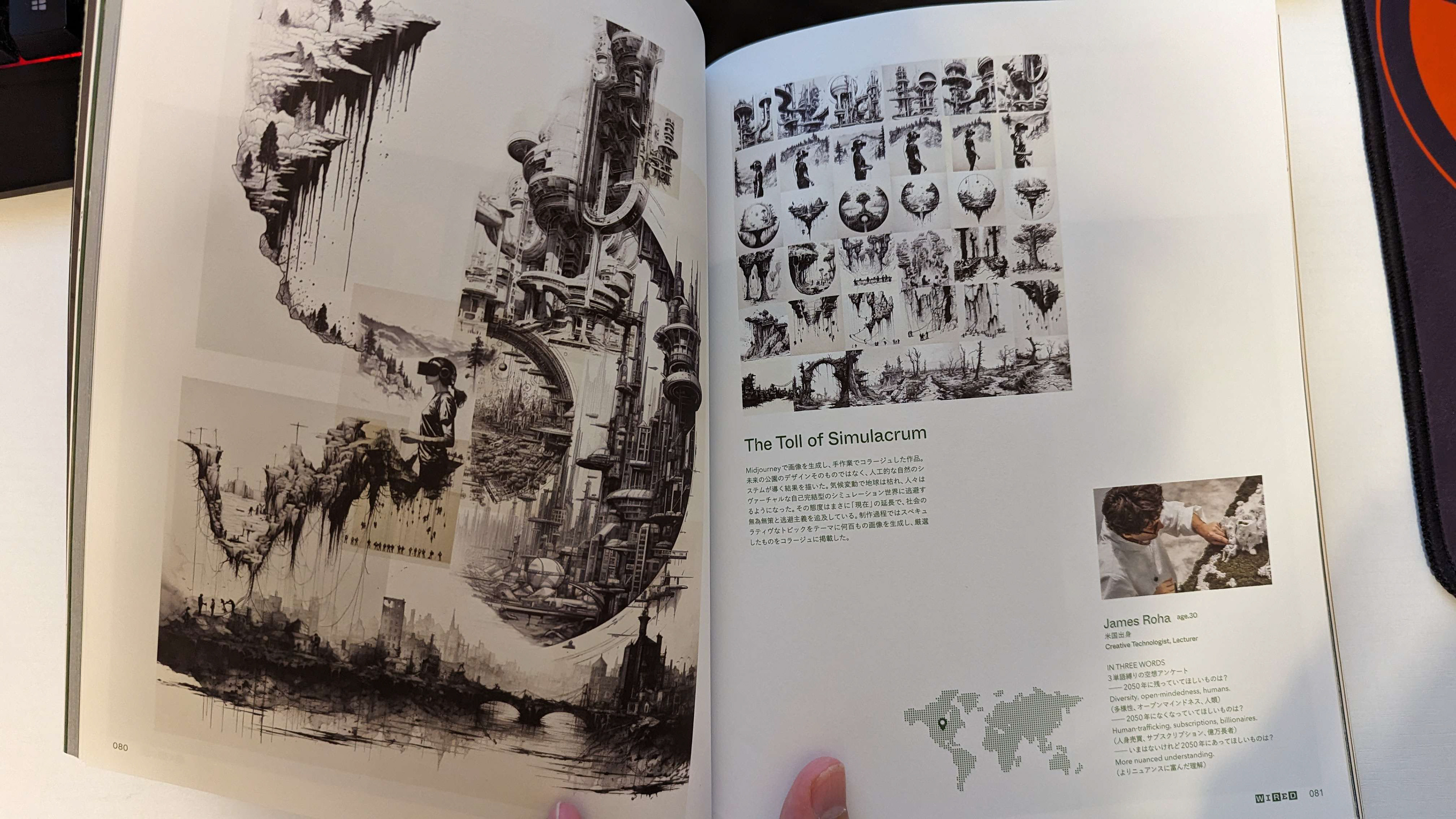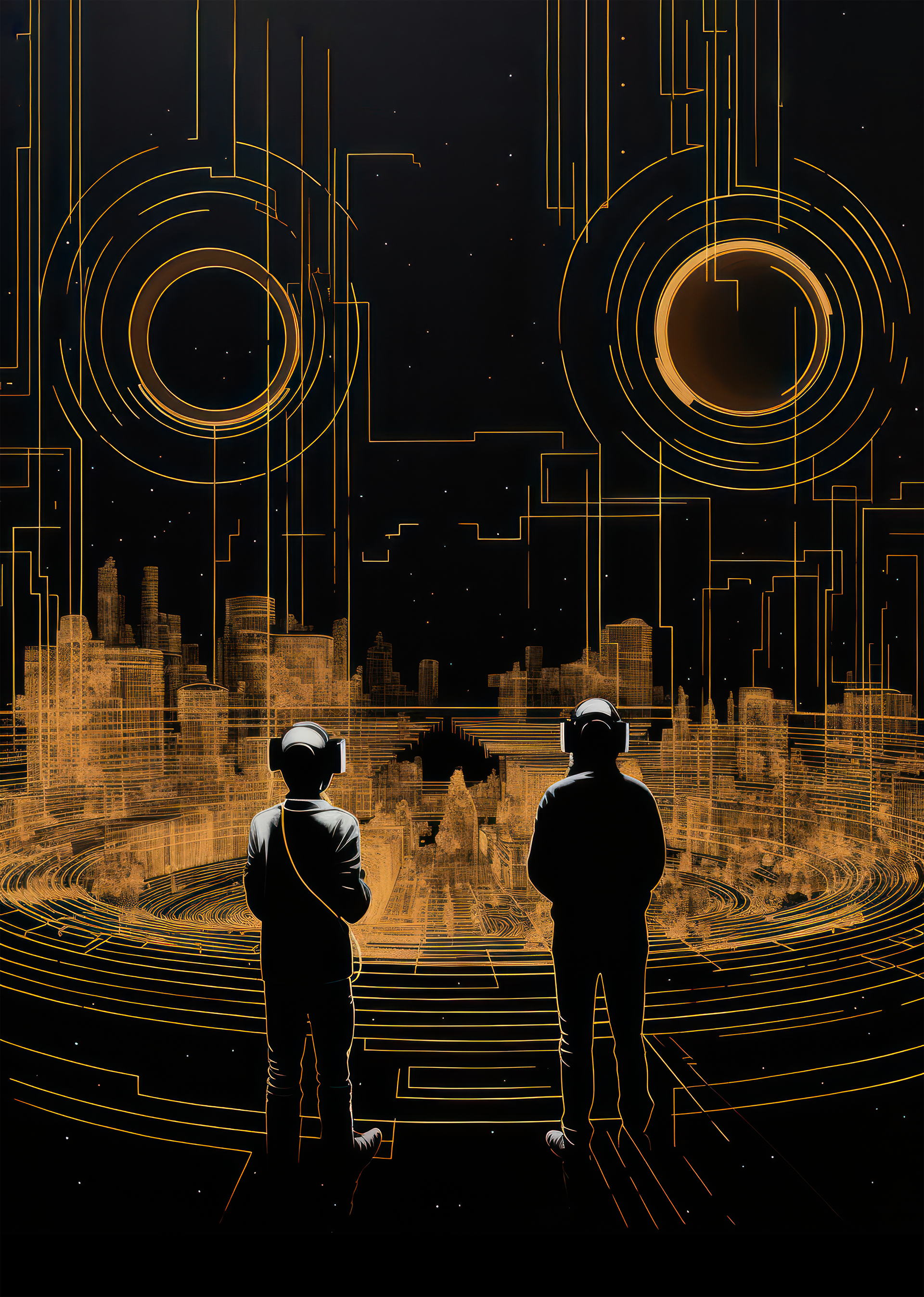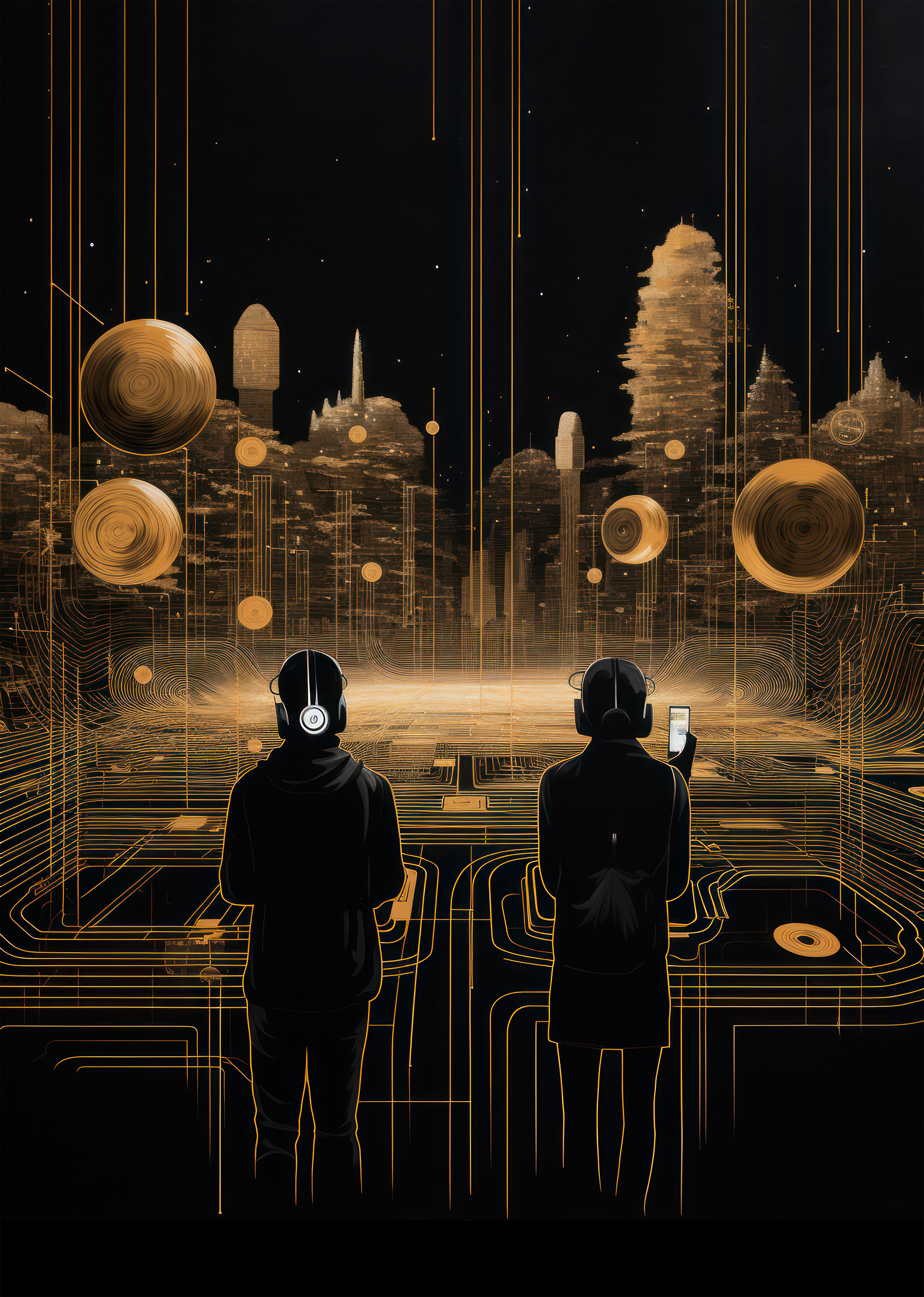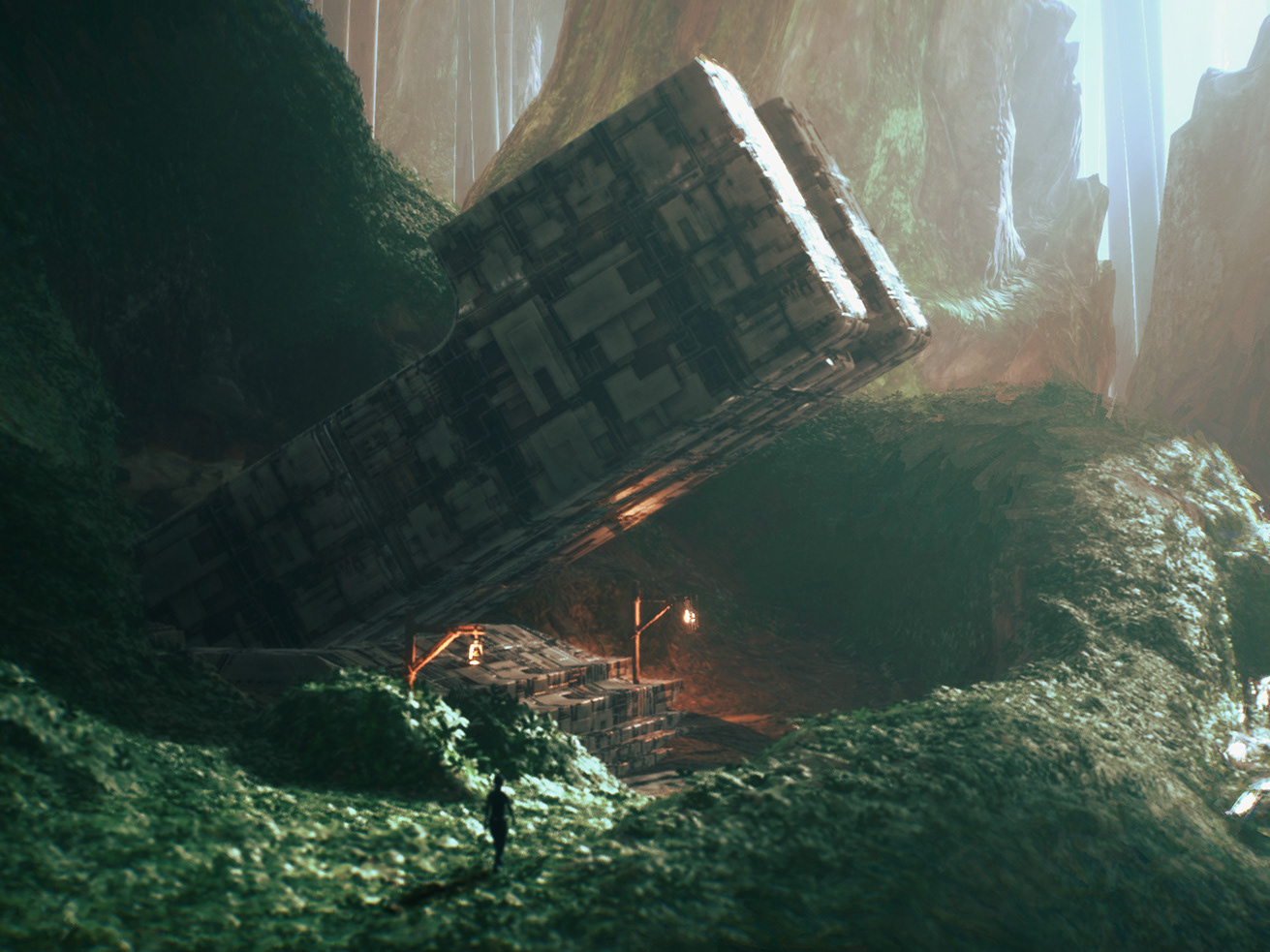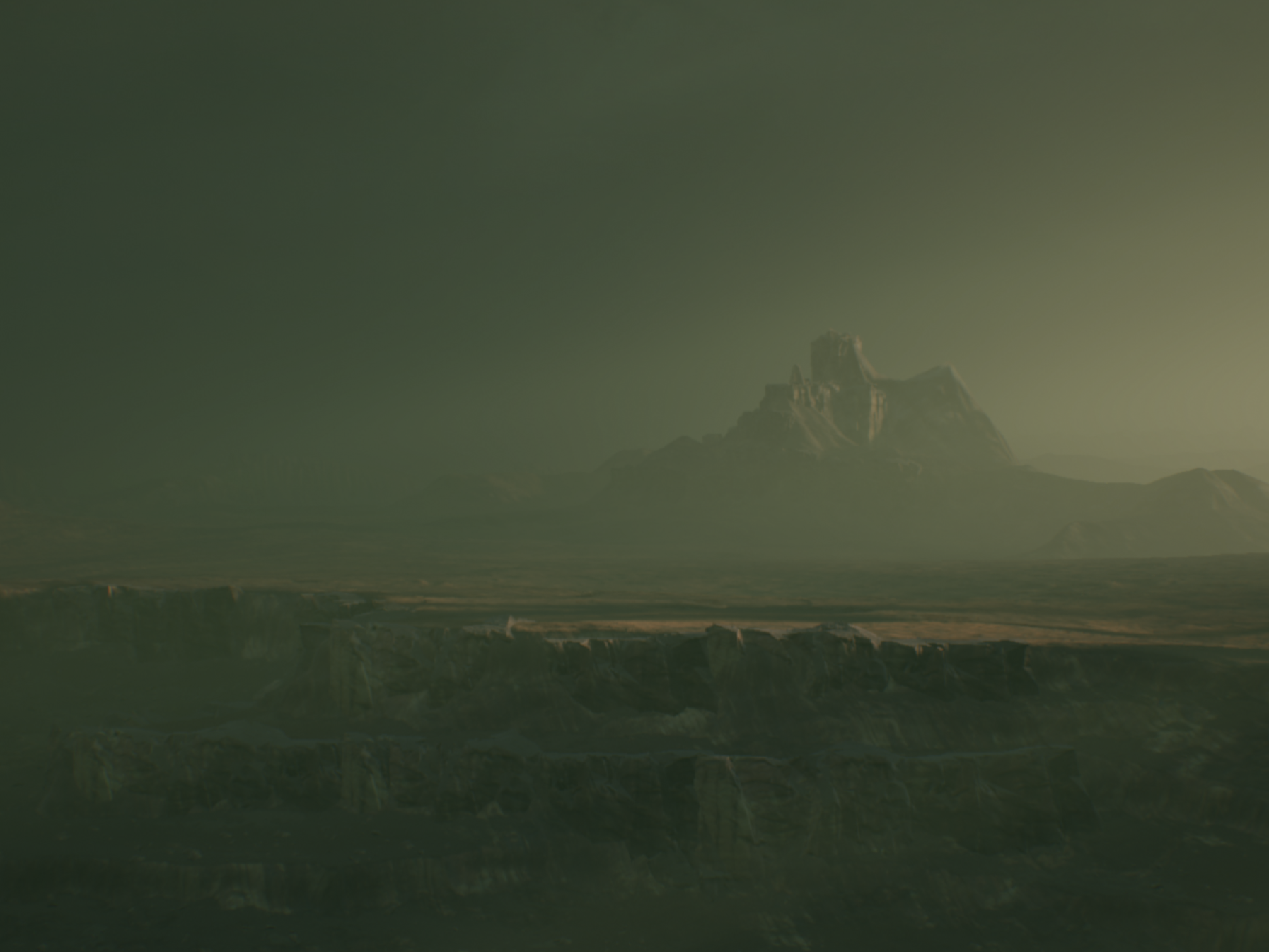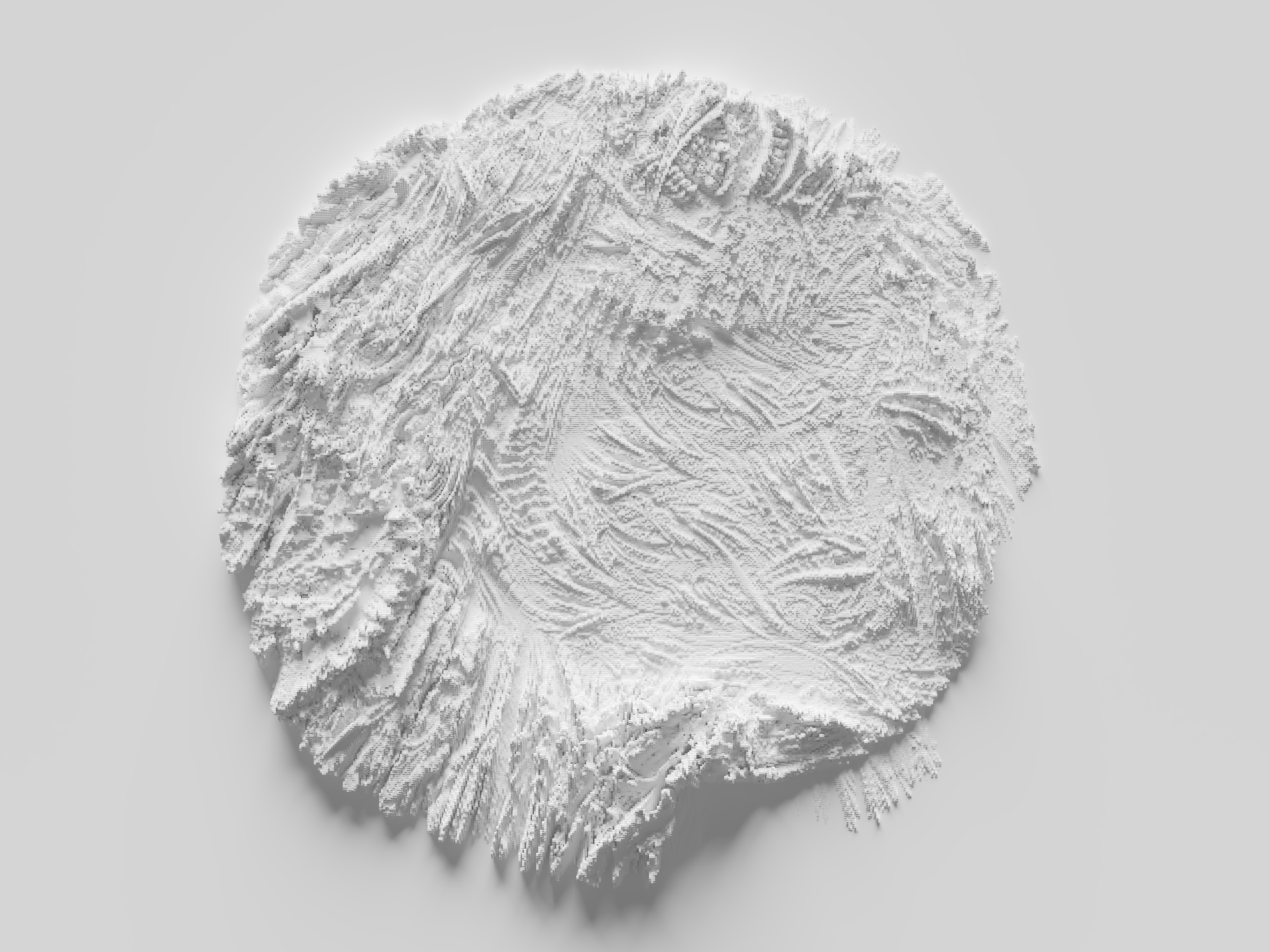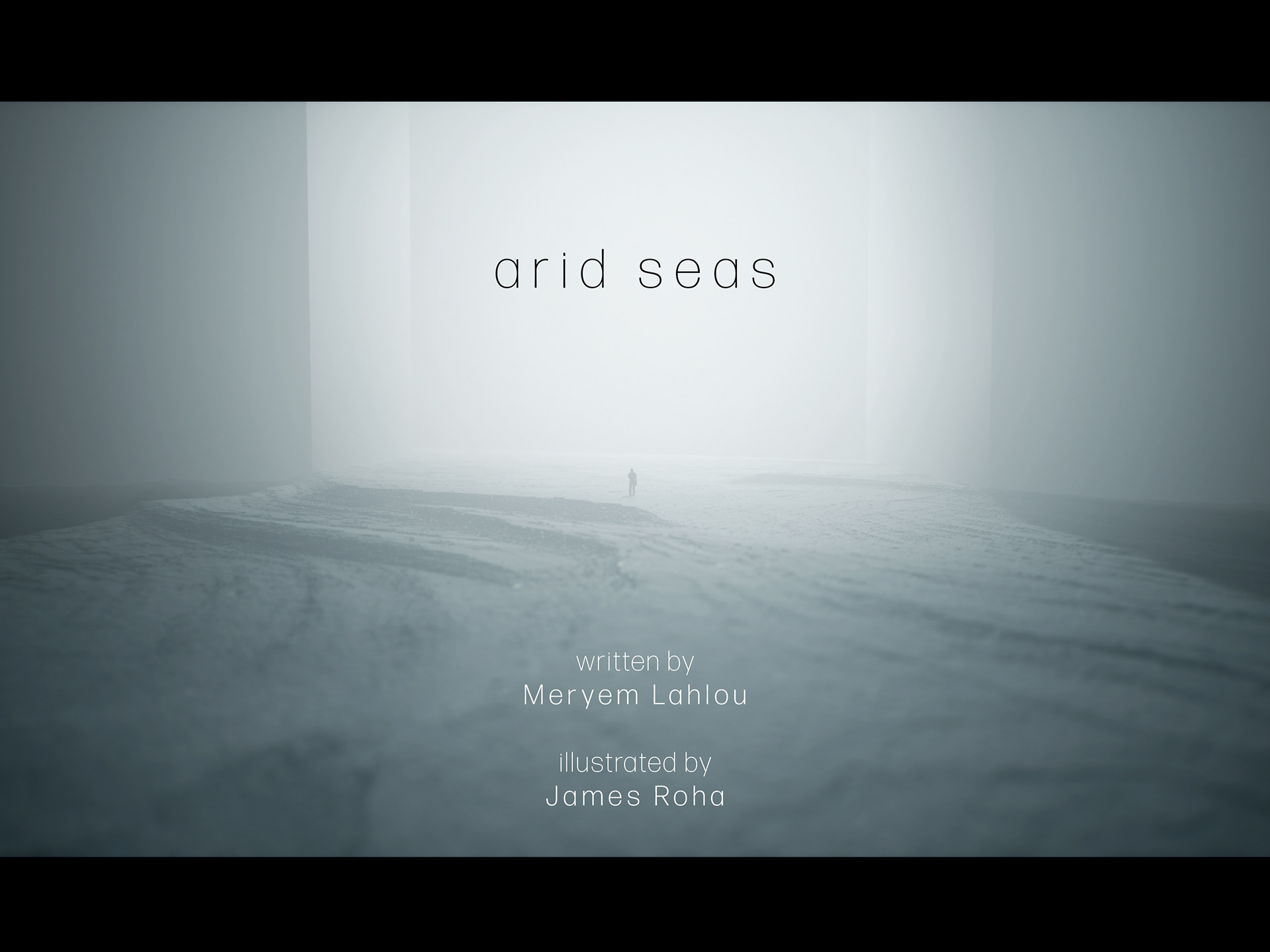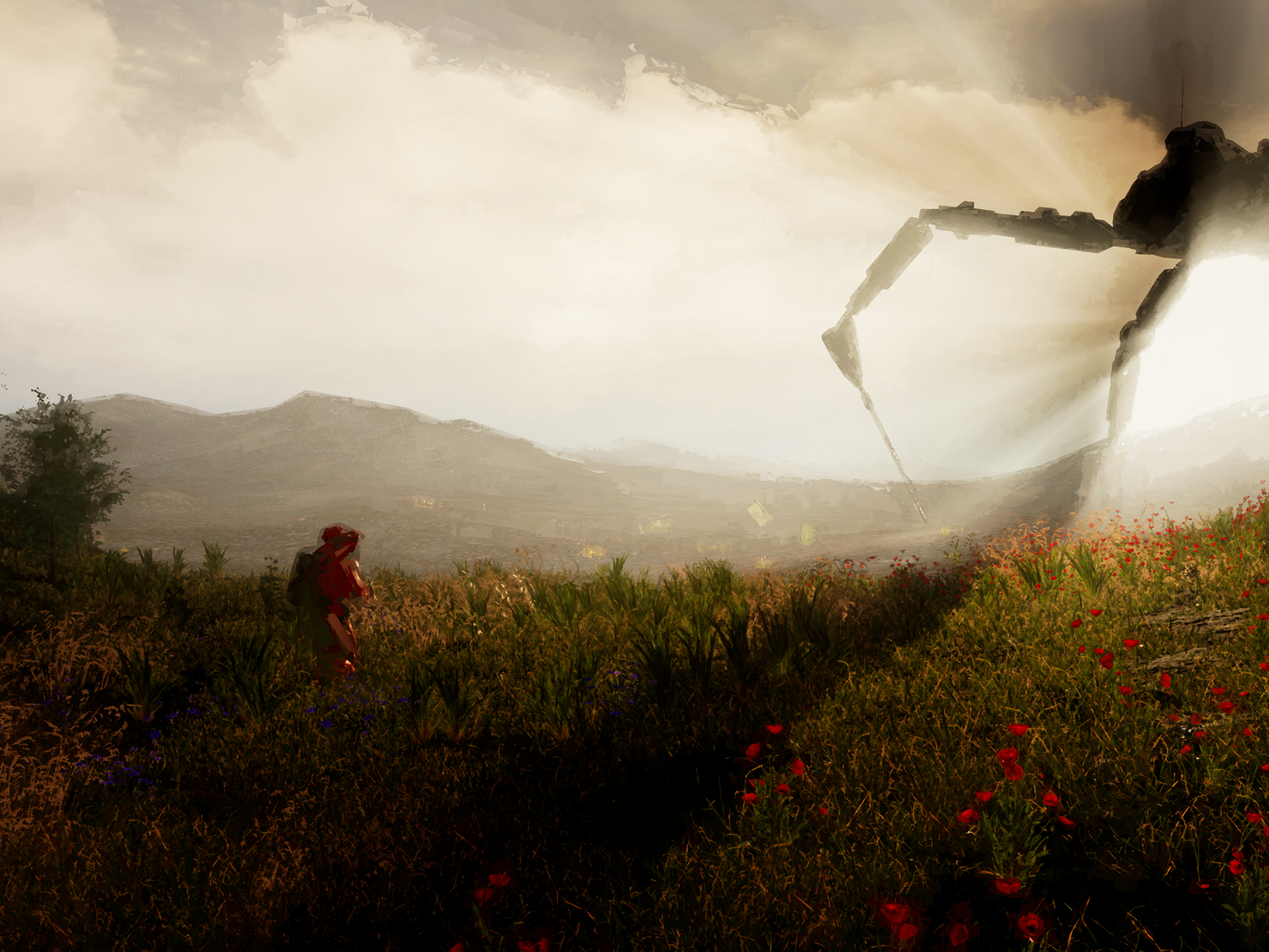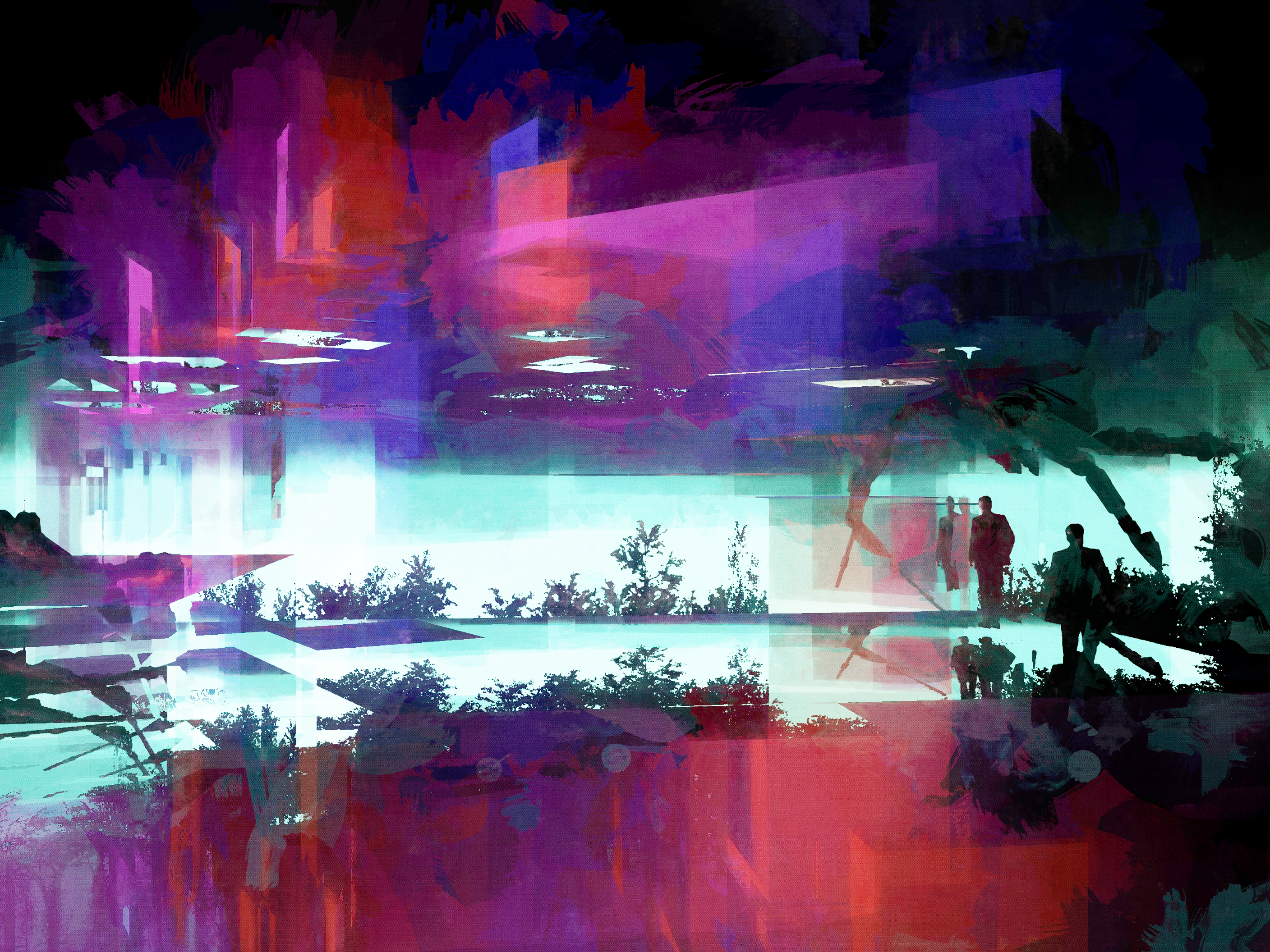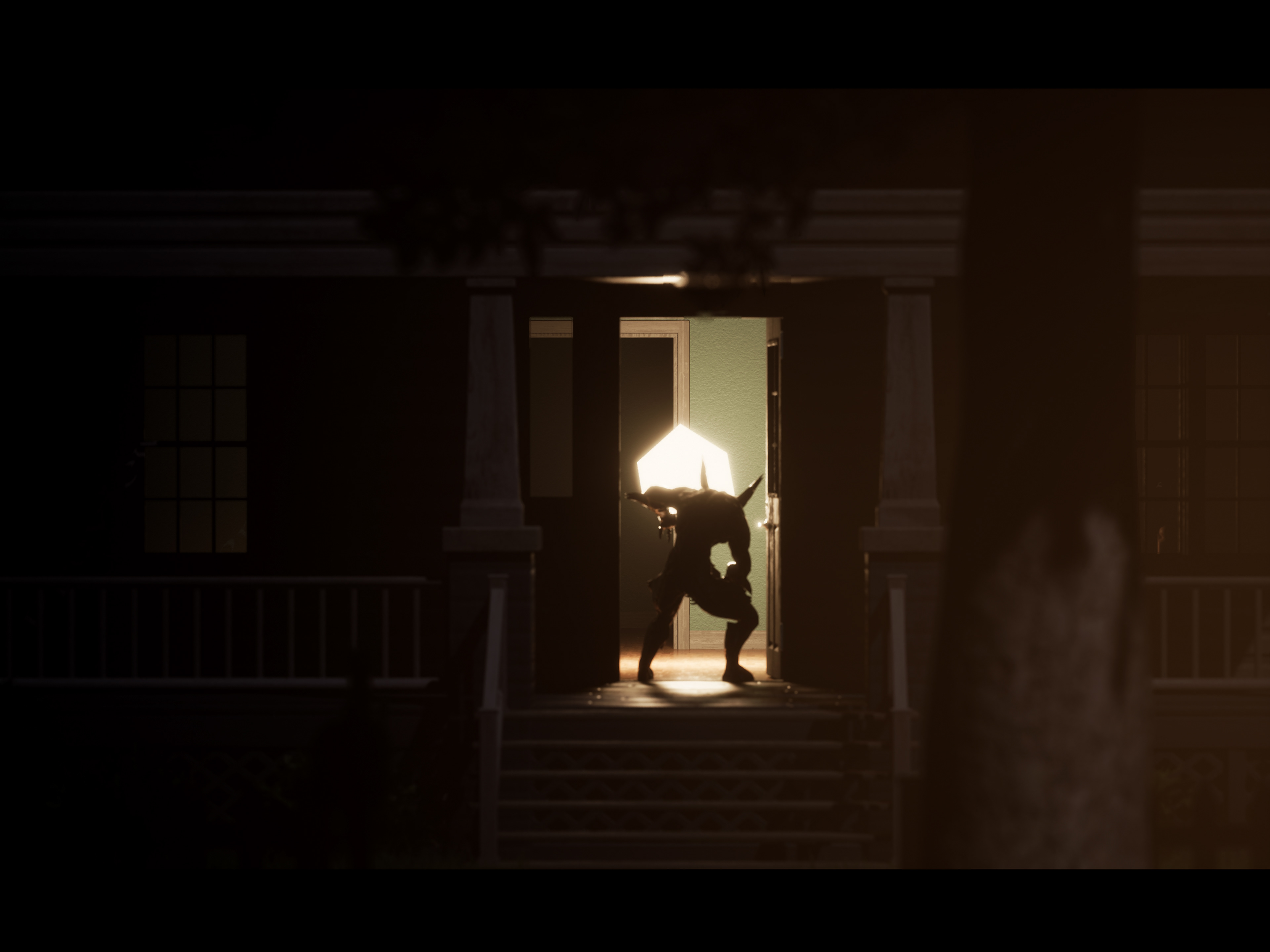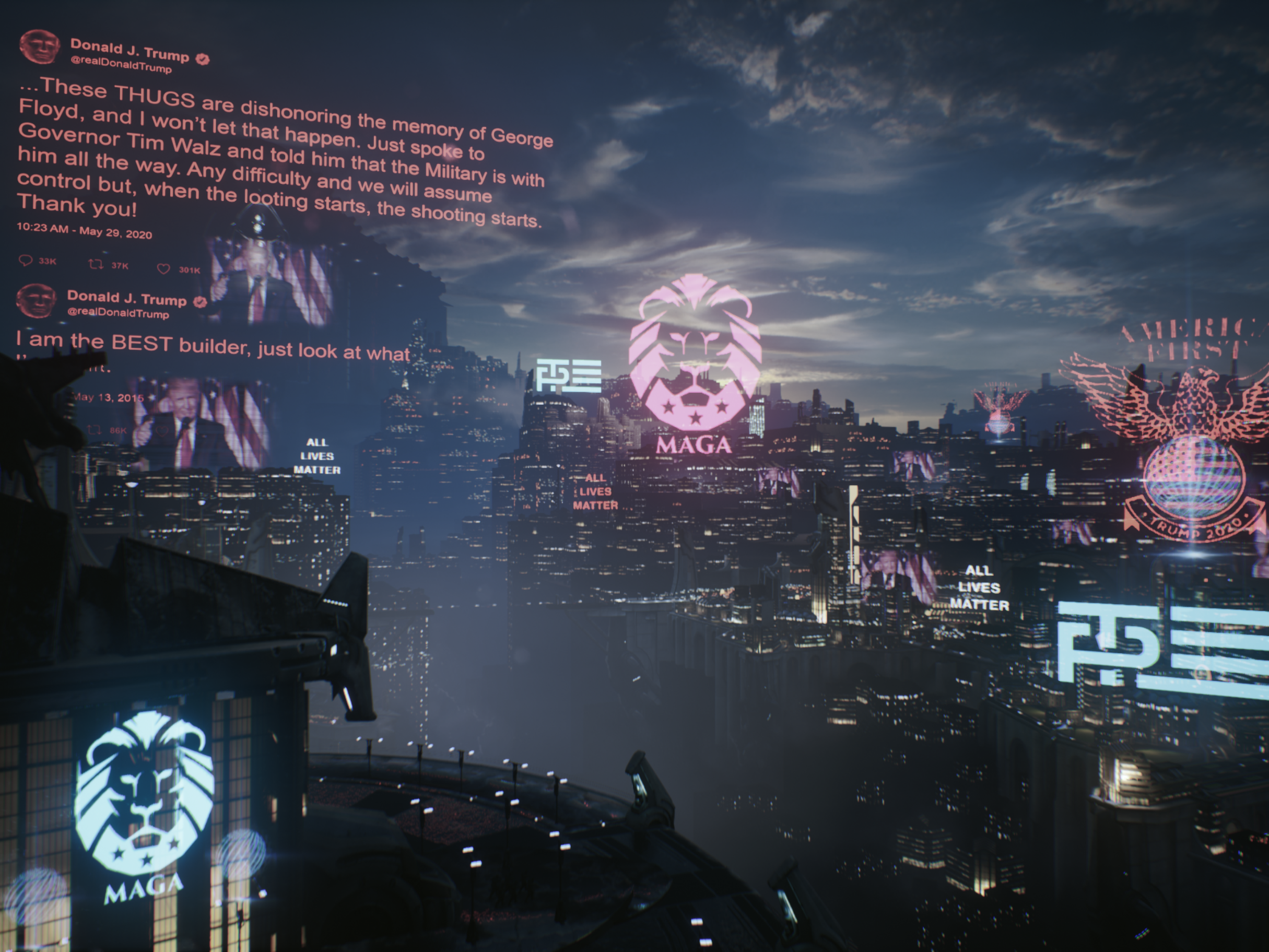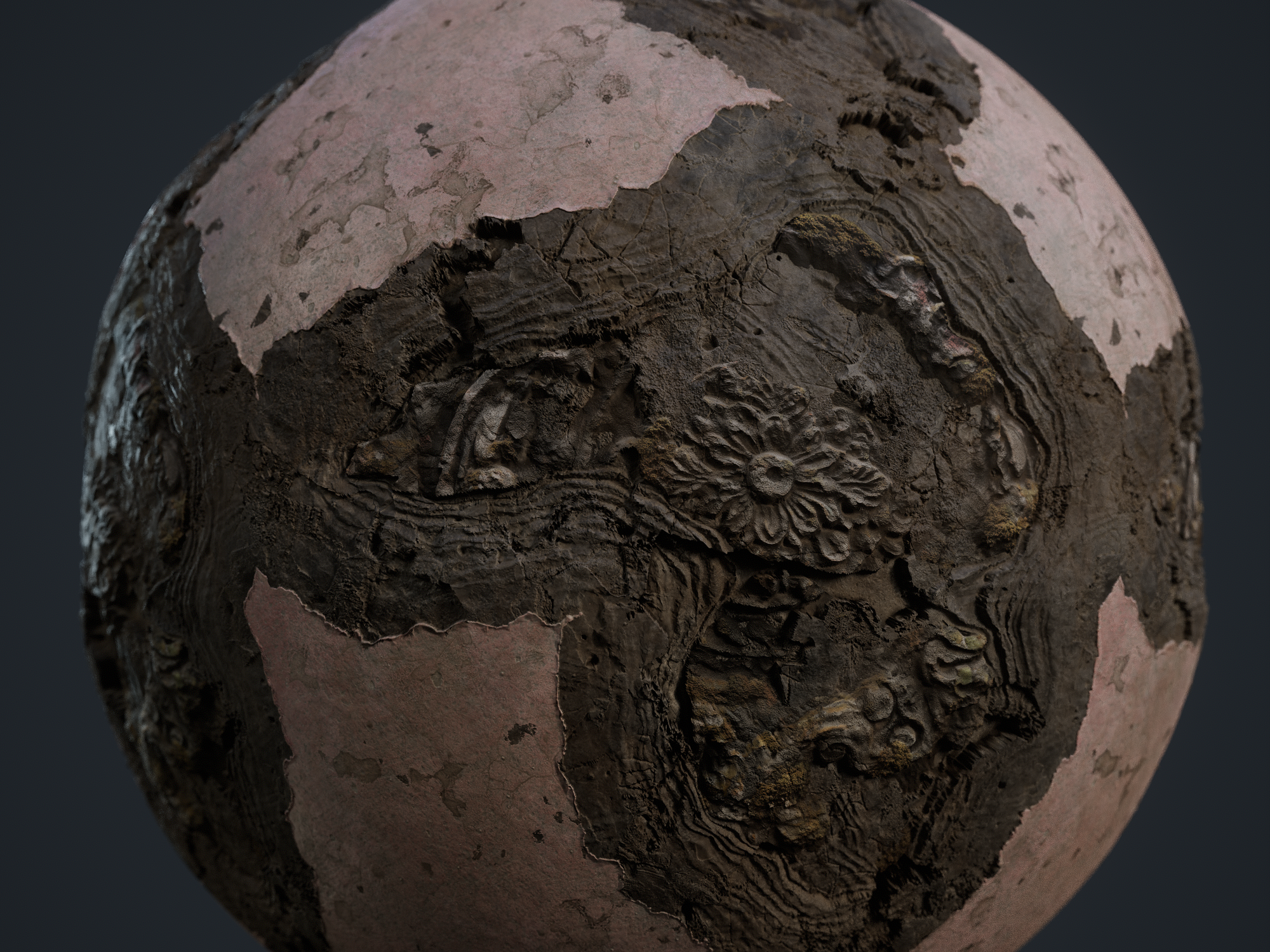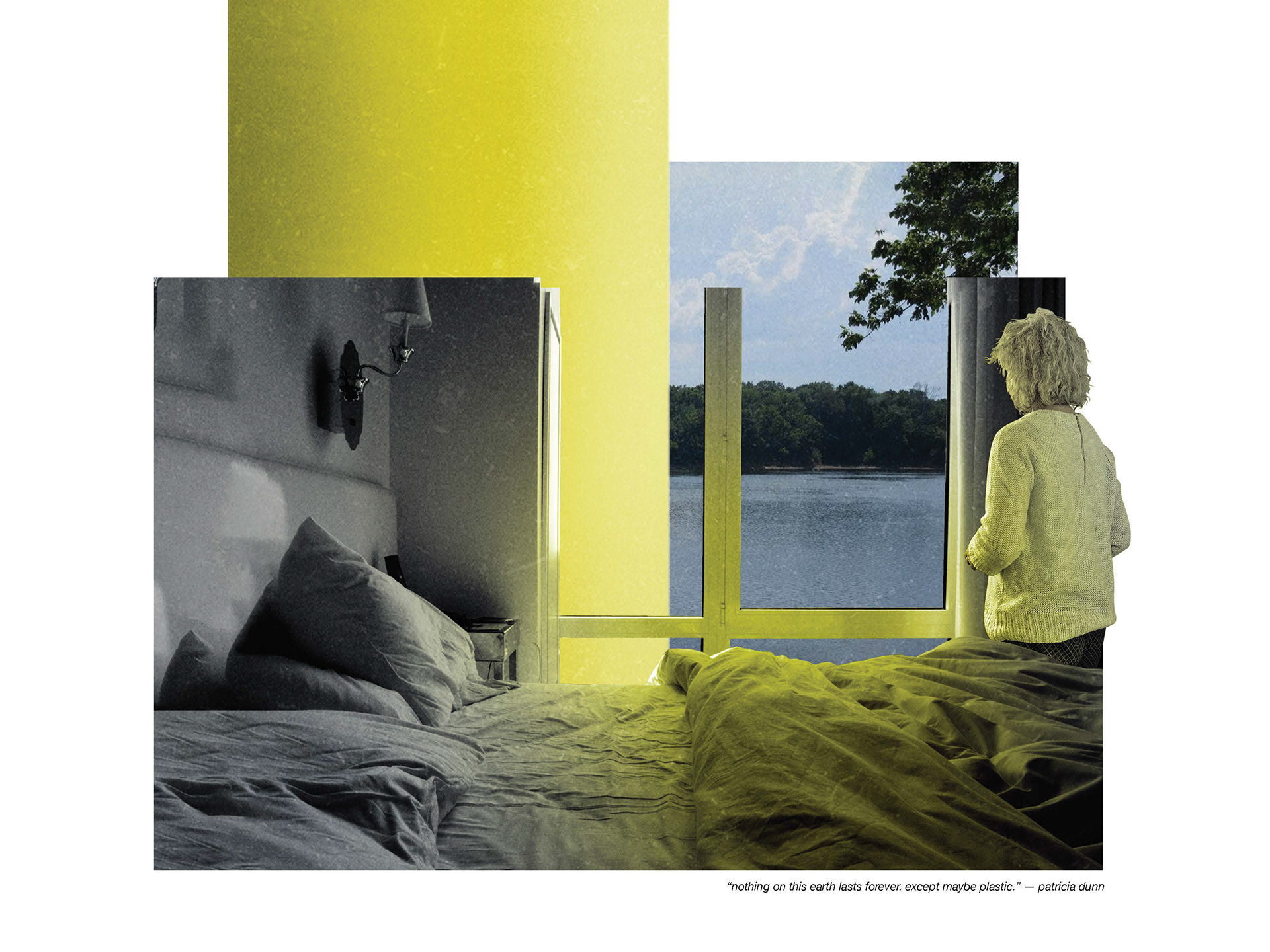The Toll of Simulacrum
To begin work on this project I used Midjourney to visually brainstorm ideas and concepts around nature, parks, and radical contemporary technologies I could imagine running wild in the near future.
Some concepts were more urban and colorful, but I felt like the images and imagined futures were already resolved well enough by the AI.
I decided to have the AI generate distinct elements that I can use to compose new compositions with the specific pieces.
From these initial sketches, I’ll be composing various elements and concepts into a zoomed out graphic composition centering on a couple of core concepts:
-idealized nature only exists virtually.
Currently there are a lot of utopian idealisms regarding nature which are embodied in city/ national parks - often preserving a very ‘unnatural’ maintenance routine to keep them pristine. This work aspires to capture a version of the future where humans acknowledge Earth’s flora, fauna, and ecological cycles vs an idealized and safe recreation of a pastoral landscape. This foregrounds a split between physical and virtual spaces, emphasizing the peoples’ relationships to each.
-new/ emerging technologies are necessary for these spaces to exist and are simultaneously how people experience to landscape and interact with it
Virtual parks will exist as virtual spaces which require digital technologies to properly interact with them; VR headsets, projection spaces, screens, or augmented spaces are used to represent this facet of interaction. Physical parks are mediated by new movement technologies like jet packs while the genetically engineered plants are supported and sustained by nearly invisible biotechnology.
-wealth inequality has made these new park spaces quite extreme and exclusive
While technologically amazing, experientially simulating, ecologically necessary, and aesthetically beautiful, the physical future parks have been primarily generated for and by the wealthy. Outside of these spaces the world is suffering from extreme climate conditions, high sea levels, ecological monocultures of invasive species, and non-ideal living conditions for most humans. In this future many more people have access to virtual parks than physical parks - this makes virtual parks the true public spaces in this future.
Questions from Wired:
What would you like to see remain in 2050?
Diversity, open-mindedness, humans
What would you like to see disappear in 2050?
Human-trafficking, subscriptions, billionaires
What do you not have now but would like to have/see in 2050?
More nuanced understanding
